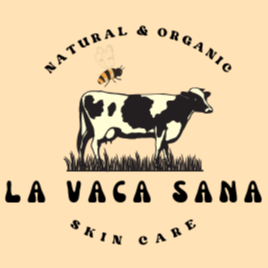When we begin our journey into detoxing our home, we become so vigilant in all products we apply to our floors, benches, dishes, clothes, shower screens, mirrors, and of course what we apply directly to our skin and hair. It can feel overwhelming in the beginning. Especially when we find out some chemicals aren't even listed on the ingredients label. The best way to avoid these cheap industrial by-products in our home is to make products ourselves if we have the luxury of time, or purchasing from organic small brands we trust.
Hexane is one of those unnamed chemicals. Hexane is a chemical solvent derived from petroleum, it is used to draw oils out of plants, these oils are used in cooking and beauty products. Traces of hexane can be found in the end product. Hexane can absorb though the skin and easily be inhaled when it evaporates into the air. Hexane is also used in industrial cleaners and degreasers.
Chronic (long term) exposure to hexane is associated with neurotoxic effects, including but not limited to; permanent nerve damage in the hands and feet, blurred vision, and fatigue. Acute (short term) exposure can lead to headaches, drowsiness, nausea, and clumsiness.
Hexane does not have to be listed on products as it's purpose as a solvent does not require it to be in the ingredients list for consumers.
All our products are strictly vetted to be hexane free.
For organic, toxin free home cleaning products, we love:
Castor oil is a common hexane solvent extracted oil. A hexane free option we love is Wonder Foods Organic and Cold-Pressed Castor Oil, check it out here.
Castor oil is incredible in homemade soap bars for its humectant abilities, wound healing slaves and balms for its ricinoleic acid content, which is why we love it in our Cuts & Burns Balm. This is what gives the balm its dense, thick, lathering consistency which feels great over wounds and burns.
Cold pressed and expeller pressed oils are the best options for residual solvent-free products that contain higher antioxidant content.
How important is "extra virgin" and "cold-pressed" anyway?
Extra virgin relates to the extraction method where the oil is cold mechanical extracted with no excessive temperatures used, which would deplete the polyphenol (antioxidant) content.
Cold-pressed is letting you know the mechanical method used to extract the oil. When the ingredients are pressed, it's at around 50°C compared to an expeller press, which will get to about 65°C. Expeller presses don't add heat for their process, instead the friction of the screwing

